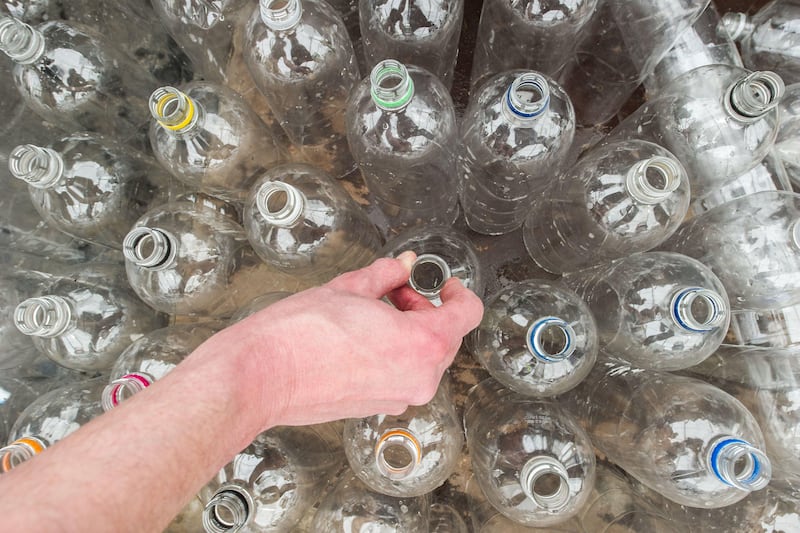Ministers “negligently misrepresented” a now collapsed drinks container return scheme to a waste management company to persuade it to sign up, a court has heard.
Waste disposal company Biffa is suing the Scottish Government for a sum in the region of £160 million, following the decision to scrap the proposed deposit return scheme (DRS).
The waste management firm, which was selected as the “logistics partner” for the scheme, said it invested “significant sums” in preparation for it before it was scrapped.
The DRS, which was intended to come into force on August 16 2023, would have seen shoppers charged a deposit when buying drinks in cans and bottles, which would be repaid to them when empty containers were returned.
However the Scottish Government changed its plans when UK ministers used the Internal Market Act (IMA) to rule glass bottles could not be included.
Roddy Dunlop KC, representing Biffa, told the Court of Session in Edinburgh on Friday that his client had received “negligently misrepresented” assurances from Government ministers to persuade it to agree to deliver the logistical element of the scheme.
He said ministers were keen to get the firm on board for political as well as practical reasons, telling the court the Government was aware that without a logistics provider the scheme would have been “dead in the water”.
He told the court a letter to the company from then circular economy minister Lorna Slater with assurances about the viability of the scheme withheld “special knowledge” that it was still awaiting approval from the IMA, and that there was a risk of it not happening at all.

He said this resulted in his client entering into an “onerous contract” that committed it to “tens of millions of pounds” of expenditure.
He added that if his client had known the “truth” of the situation, it would not have signed up to it.
He told the court: “Biffa wanted and asked for assurances. The minister was not required to give them, but she voluntarily chose to do so because she wanted Biffa on board.
“She must have known – for why else would they have asked – she must have known that Biffa would rely on what she said.
“It’s that simple.
“The minister knew the position regarding IMA approval. We say the minister had special knowledge.
“We say that in the state of that special knowledge, the minister persuaded, indeed exhorted, (Biffa) to enter into a contract which committed them to substantial financial outgoings.”
He also described as “remarkable” the apparent fact ministers subsequently made no effort to “cure or correct” the situation, on the grounds it would have been “politically inexpedient” to do anything to stop the firm “haemorrhaging money”.
Mr Dunlop also explained the scope of the legal challenge, saying: “No-one is asking the court to presume to question the DRS, or the decision to inset it.
“But what the court can do is decide whether the minister was negligent in the manner in which the policy was brought in.”

Gerry Moynihan KC, representing the Scottish Government, repeated his calls from day one of the hearing on Tuesday for the case to be dismissed.
He said the decision by Biffa to start spending money on the scheme was a “commercial risk” the company had “chosen to take”.
He added that any assumptions the company made about the scheme, including that it would proceed “as proposed” on August 16, 2023 and that it would include glass, were made at its “own risk”.
Judge Lord Clark said a ruling in the case will be made “as soon as reasonably possible”.
A UK-wide DRS is not due to start until late 2027.
Following the court hearing, a spokesperson for Biffa said: “Biffa was selected by Circularity Scotland Limited as the logistics partner for the delivery of the Scottish deposit return scheme and invested significant sums to support its timely and successful implementation.
“This was done in good faith and after receiving assurances from the Scottish Government.
“Having carefully reviewed our position with our advisers, we believe it is appropriate to take this legal action to seek compensation for the losses Biffa has incurred.
“Given the action is ongoing, we are unable to comment any further at this time.”
The Scottish Government said it could not comment on ongoing litigation.









